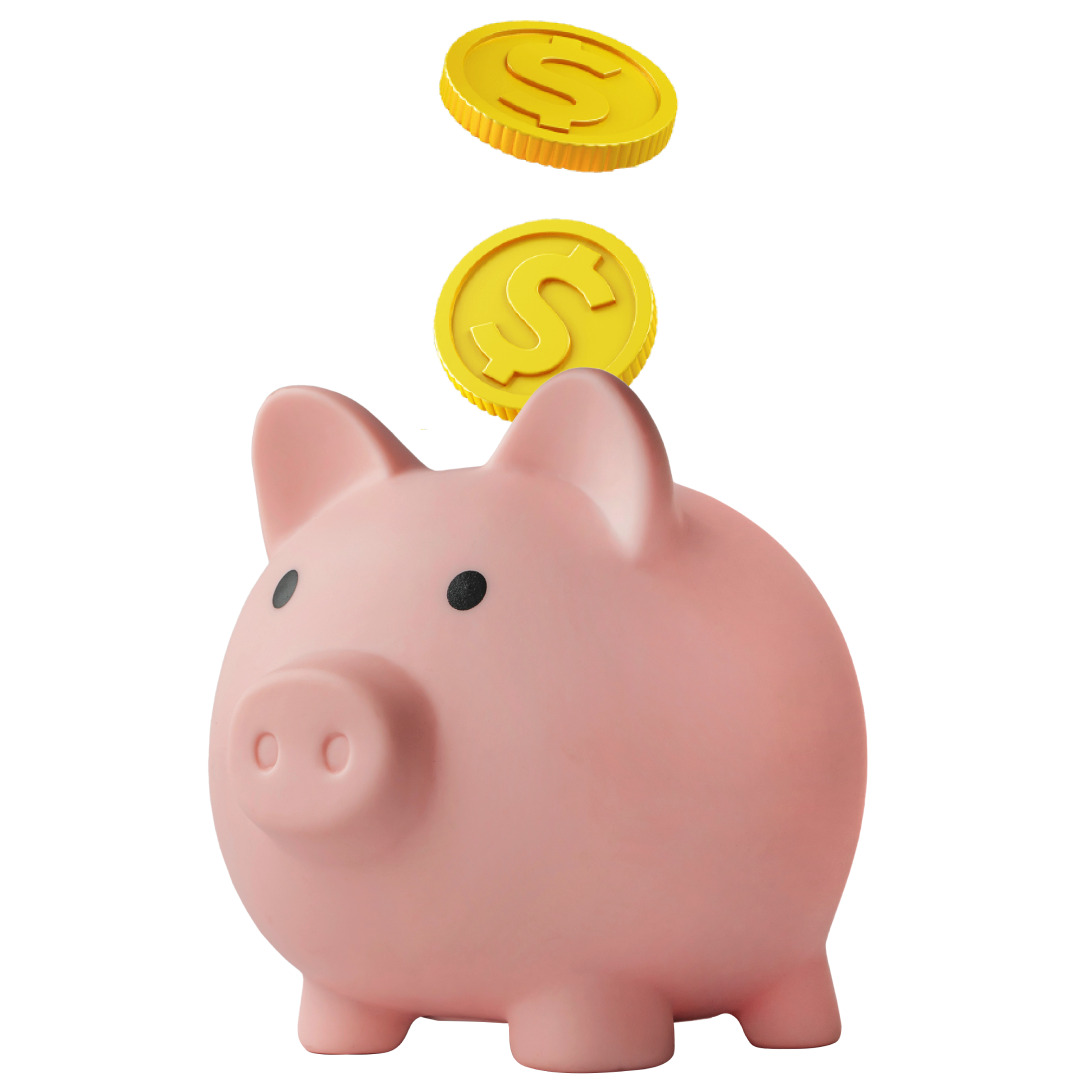When used responsibly, credit cards can be an essential way for you to manage your finances.
However, if you’re handed one and have no idea how they work, you could end up in a debt trap that can spiral out of control. Since many people typically get their first credit card when they’re young adults with limited income, it’s paramount that you know the basics of how credit cards work.
Credit cards are like a short-term interest free loan
When you use your credit card, you’re essentially borrowing money from your credit card provider. The expectation is that you’ll pay those borrowed funds back by your monthly statement due date. In Canada, you’ll get at least 21 days of interest free payments. However, if you don’t pay the entire balance by your due date, interest charges will apply from the time of purchase.
Interest rates on credit cards are extremely high
In most cases, the interest rate on credit card purchases is 20% – 24%. If you were to use your credit card for cash advances, your interest rate can be even higher. While having access to credit is common, it’s still a form of high interest debt. Using your credit cards with no idea of how to pay back the funds is a recipe for disaster, as it’ll put you in a huge debt hole.
Learn how to avoid paying interest rates
The minimum payment shouldn’t be viewed as a suggestion
When you get your credit card statement, you’ll notice there’s a minimum payment amount. This amount can often be as low as $10. If you pay the minimum amount, you’ll technically be making your payment on time. However, since you’re not paying the full amount, you’ll owe interest on the outstanding balance. If you’re unable to pay off your full balance each month, you could end up spending a lot on interest charges.
Credit cards help you build your credit score
Your credit score is a number between 300 and 900. The higher your credit score, the more creditworthy you are. This is relevant since lenders use your credit score as one factor to determine if they should approve you for a loan. So, if you plan on applying for a mortgage, auto loan, or personal loan, you’ll want your credit score to be in good standing.
To build your credit score, all you need to do is use your credit card responsibly. That means paying your bills on time and in full every month. Applying for a credit card early can help too, since the length of your credit history also plays a part in determining your credit score.
Your credit limit can change
When you’re approved for a credit card, you’re automatically assigned a credit score. For some people, this may appear to be too much since they’re worried about their spending. If you have any concerns, you can always ask your credit card provider to lower your credit limit. On the flip side of things, if you’re finding your credit limit to be too low, you could ask for a credit limit increase. If you’ve always paid your bills on time, there’s a good chance your request will be approved.
There are many credits out there
There are dozens of credit cards available to young adults. Just because your bank offers you one right away, that doesn’t mean you should say yes immediately. Instead, take the time to see what credit cards other banks have. Some of the things you want to look for include the welcome bonus, earn rate, benefits, and insurance.
Keep in mind that you may not qualify for every credit card out there. Mid-tier and premium credit cards typically have a minimum personal or household income requirement. If you don’t meet that threshold, you won’t be approved. In addition, the better the card, the higher fee you’ll pay. While there’s no denying the benefits that may come with higher-tier cards, not everyone is a fan of paying high annual fees.
You should check your transactions regularly
Checking your statements line-by-line is essential to preventing fraud. What you’re looking for is any purchase you don’t recognize. If you see something suspicious, you can investigate it further. First, you’ll want to try to remember if you made a purchase around that time. Alternatively, you could see if you have any recent receipts that match the amount. If you’re still unsure, call your credit card provider, as they may be able to give you more details about the purchase, such as the store location.
If you’re positive that the purchase wasn’t made by you, let your credit card provider know immediately. They can open an investigation further to see if it was a fraudulent purchase. At the same time, your credit card provider will be able to freeze your current account and issue you a new account number to avoid any additional fraudulent behaviour.
The bottom line
Although the cardholder agreement you get when you sign up can be overly complicated, whether you understand how to responsibly use credit cards can have a major impact on your finances. By taking the time to understand how credit card payments work and their benefits, you can take advantage of perks and build your credit score.

Barry Choi is an award-winning personal finance and travel expert. He regularly appears on various shows in Canada and the U.S., where he talks about all things money and travel. His website - Money We Have - attracts thousands of visitors daily, looking for the latest stories on travel and money.



